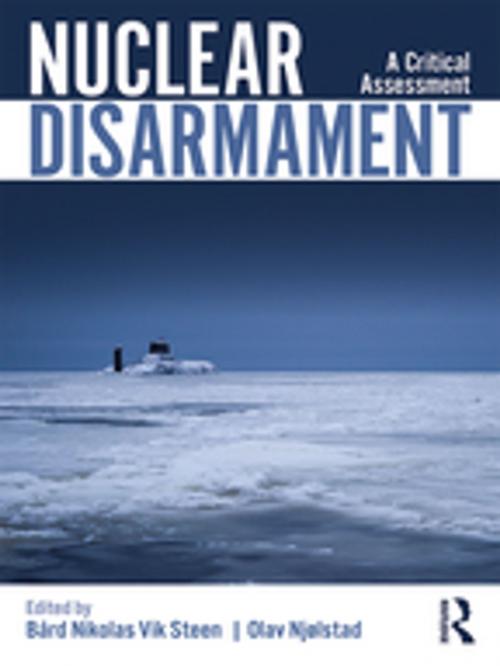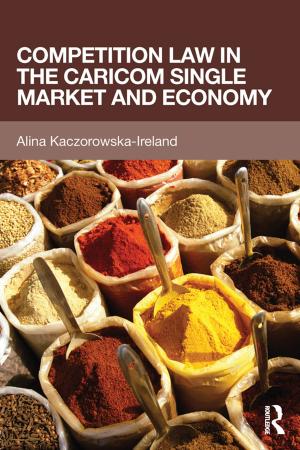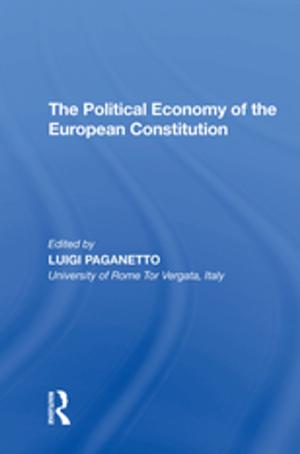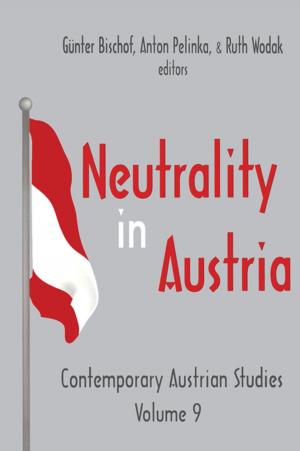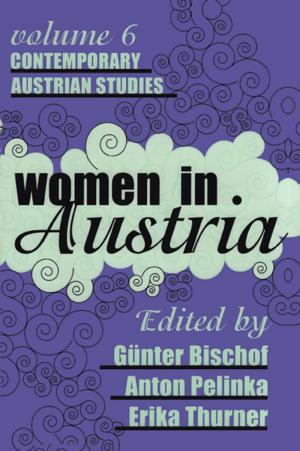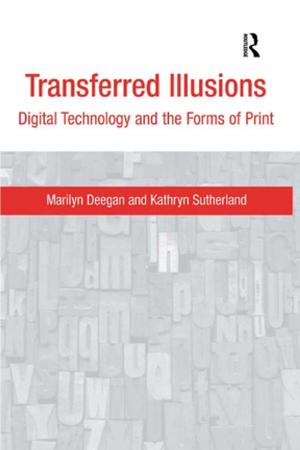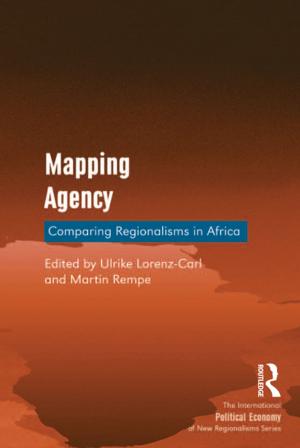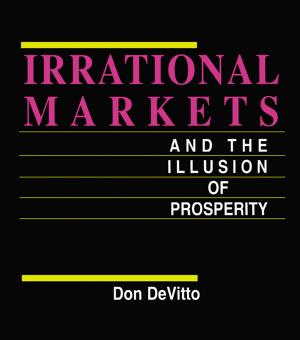Nuclear Disarmament
A Critical Assessment
Nonfiction, Social & Cultural Studies, Political Science, Politics, Arms Control, International, International Security| Author: | ISBN: | 9780429649356 | |
| Publisher: | Taylor and Francis | Publication: | March 14, 2019 |
| Imprint: | Routledge | Language: | English |
| Author: | |
| ISBN: | 9780429649356 |
| Publisher: | Taylor and Francis |
| Publication: | March 14, 2019 |
| Imprint: | Routledge |
| Language: | English |
This volume, Nuclear Disarmament, provides a comprehensive overview of nuclear disarmament and a critical assessment of the way forward.
Comprising essays by leading scholars on nuclear disarmament, the book highlights arguments in favour and against a world without nuclear weapons (global zero). In doing so, it proposes a new baseline from which an everchanging nuclear arms control and disarmament agenda can be assessed. Numerous paths to nuclear disarmament have been proposed and scrutinized, and with an increasing number of countries signing off on the Treaty on the Prohibition of Nuclear Weapons, it is vital to ask which path is the most likely and realistic to succeed. The chapters here also address the rapid pace of technological, political and climatic developments, in relation to nuclear disarmament, and how they add to the complexity of the issue. Taking care to unite the different tribes in the debate, this book provides a community of dissent at a time when academic tribalism all too often prevents genuine debates from taking place.
This book will be of interest to students of nuclear proliferation, arms control, security studies and International Relations.
This volume, Nuclear Disarmament, provides a comprehensive overview of nuclear disarmament and a critical assessment of the way forward.
Comprising essays by leading scholars on nuclear disarmament, the book highlights arguments in favour and against a world without nuclear weapons (global zero). In doing so, it proposes a new baseline from which an everchanging nuclear arms control and disarmament agenda can be assessed. Numerous paths to nuclear disarmament have been proposed and scrutinized, and with an increasing number of countries signing off on the Treaty on the Prohibition of Nuclear Weapons, it is vital to ask which path is the most likely and realistic to succeed. The chapters here also address the rapid pace of technological, political and climatic developments, in relation to nuclear disarmament, and how they add to the complexity of the issue. Taking care to unite the different tribes in the debate, this book provides a community of dissent at a time when academic tribalism all too often prevents genuine debates from taking place.
This book will be of interest to students of nuclear proliferation, arms control, security studies and International Relations.
